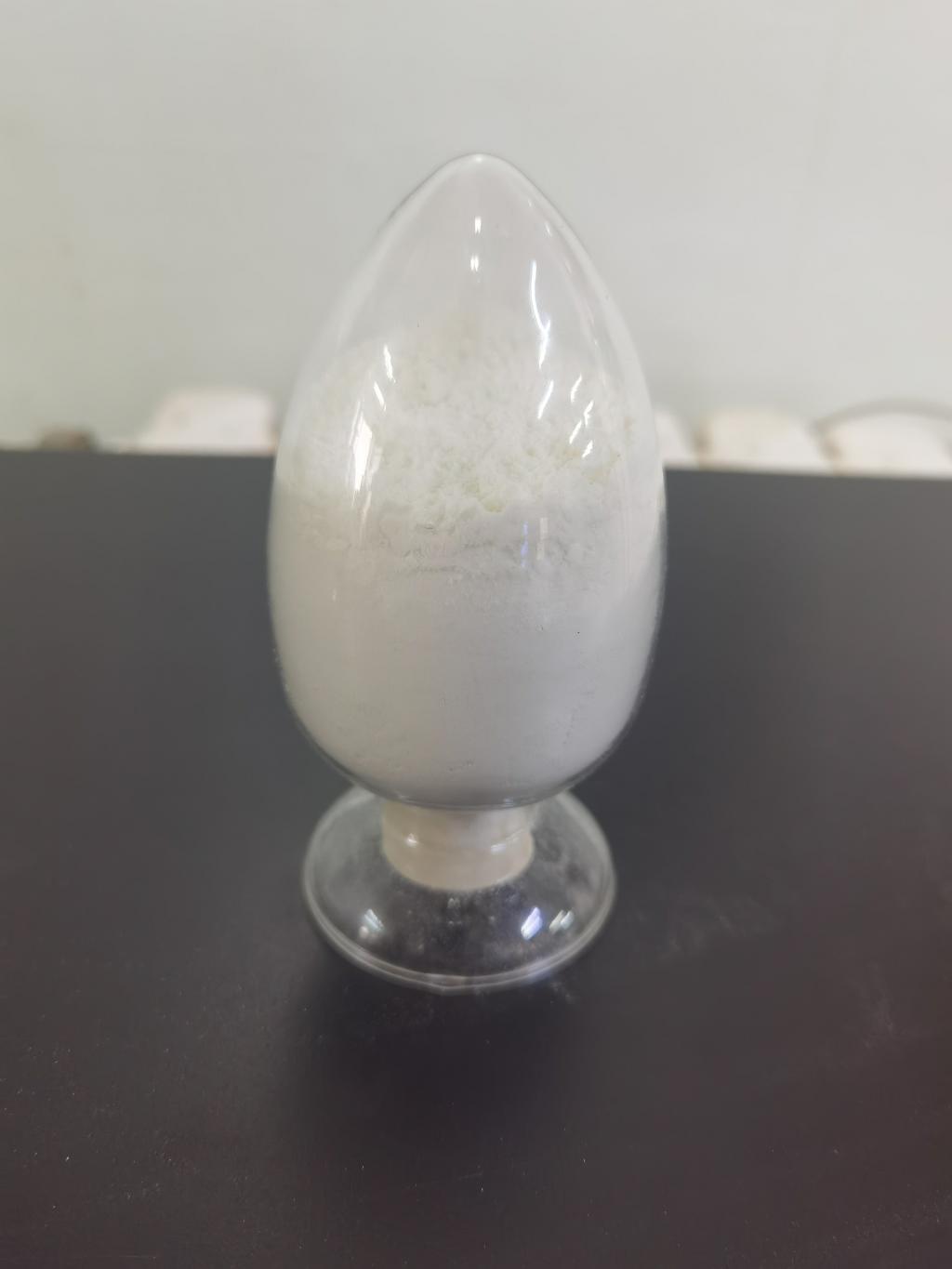Tel:+8618231198596

News
 CONTACT
CONTACT
 CONTACT
CONTACT
- Linkman:Linda Yao
- Tel: +8618231198596
- Email:linda.yao@dcpharma.cn
- Linkman:CHARLES.WANG
- Department:Overseas
- Tel: 0086 0311-85537378 0086 0311-85539701
News
Current Position:
Home >
News
>Consumer acceptance of ε-Polylysine hydrochloride reflects its reputation.
Consumer acceptance of ε-Polylysine hydrochloride reflects its reputation.
TIME:2024-04-09
Understanding ε-Polylysine Hydrochloride:
ε-Polylysine hydrochloride is a cationic homopolymer derived from natural sources through fermentation. Composed of L-lysine residues linked by ε-amino bonds, it exhibits broad-spectrum antimicrobial properties, inhibiting the growth of bacteria, yeasts, and molds in food products. With its natural origin and effectiveness in food preservation, ε-Polylysine hydrochloride has gained recognition as a safe and reliable alternative to synthetic preservatives.
Consumer Acceptance Factors:
Clean Label Preferences:
In recent years, consumer preferences have shifted towards clean label products, characterized by minimal processing and natural ingredients. ε-Polylysine hydrochloride aligns with these preferences, as it is derived from natural sources and does not contain synthetic additives or chemical residues. Its clean label status appeals to health-conscious consumers seeking transparency and authenticity in food products.
Safety and Regulatory Approval:
Consumer confidence in ε-Polylysine hydrochloride is bolstered by its regulatory approval and established safety profile. Approved for use as a food additive by regulatory authorities such as the U.S. Food and Drug Administration (FDA) and the European Food Safety Authority (EFSA), it undergoes rigorous testing to ensure compliance with safety and quality standards. Regulatory approval provides assurance to consumers that ε-Polylysine hydrochloride is safe for consumption when used within specified limits.
Efficacy in Food Preservation:
The effectiveness of ε-Polylysine hydrochloride in inhibiting microbial growth and extending the shelf life of food products reinforces consumer acceptance. By preventing spoilage and maintaining product freshness, ε-Polylysine hydrochloride enhances the overall quality and safety of food products. Consumers value its role in reducing food waste and minimizing the risk of foodborne illnesses, leading to greater trust in its efficacy as a food preservative.
Transparency and Communication:
Transparent communication about ε-Polylysine hydrochloride's role and benefits in food products fosters consumer acceptance and trust. Food manufacturers that openly disclose the use of ε-Polylysine hydrochloride in their products demonstrate a commitment to transparency and consumer education. Clear labeling and communication initiatives help consumers make informed choices and understand the purpose of food additives in the products they purchase.
Reputation as a Safe and Reliable Food Preservative:
Track Record of Use:
ε-Polylysine hydrochloride has a track record of use in various food products and applications, contributing to its reputation as a safe and reliable food preservative. Its long history of use in the food industry, coupled with regulatory approval and safety assessments, instills confidence among consumers and industry stakeholders.
Positive Perception in the Industry:
Within the food industry, ε-Polylysine hydrochloride is regarded as a valuable tool for preserving the safety and quality of food products. Its compatibility with a wide range of food matrices, stability under various processing conditions, and effectiveness against spoilage microorganisms contribute to its positive perception among food manufacturers and suppliers.
Scientific Evidence and Research:
Scientific studies and research findings support the safety and efficacy of ε-Polylysine hydrochloride as a food preservative. Peer-reviewed publications, safety assessments, and toxicological studies provide evidence of its suitability for use in food products. Consumers, industry professionals, and regulatory agencies rely on scientific evidence to assess the safety and reliability of food additives like ε-Polylysine hydrochloride.
Consumer Feedback and Market Trends:
Consumer feedback and market trends reflect the acceptance and popularity of ε-Polylysine hydrochloride as a food preservative. Positive reviews, repeat purchases, and growing demand for products containing ε-Polylysine hydrochloride indicate consumer satisfaction and confidence in its safety and effectiveness. Market data and trends demonstrate the integration of ε-Polylysine hydrochloride into a wide range of food products across various categories.
Conclusion:
In conclusion, consumer acceptance of ε-Polylysine hydrochloride as a safe and reliable food preservative is influenced by factors such as clean label preferences, safety and regulatory approval, efficacy in food preservation, transparency and communication, track record of use, positive perception in the industry, scientific evidence and research, consumer feedback, and market trends. With its natural origin, regulatory approval, and proven efficacy, ε-Polylysine hydrochloride has established itself as a trusted ingredient in the food industry, contributing to the safety, quality, and sustainability of food products. As consumer awareness and demand for clean label options continue to grow, ε-Polylysine hydrochloride is poised to play an increasingly important role in meeting these preferences while ensuring the integrity of the food supply chain.
- Tel:+8618231198596
- Whatsapp:18231198596
- Chat With Skype







